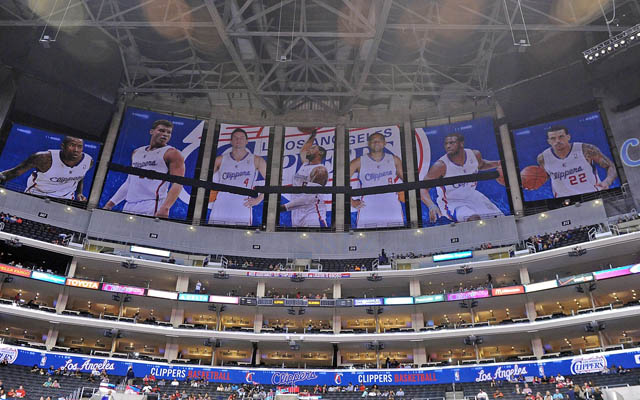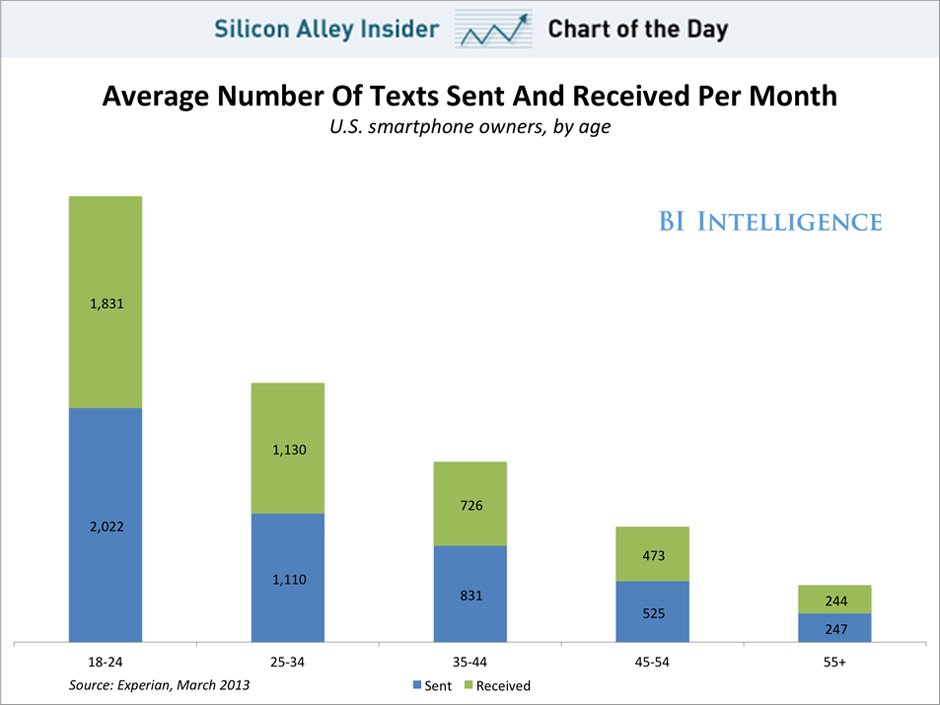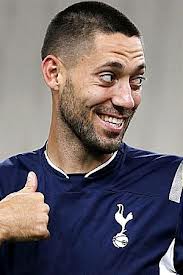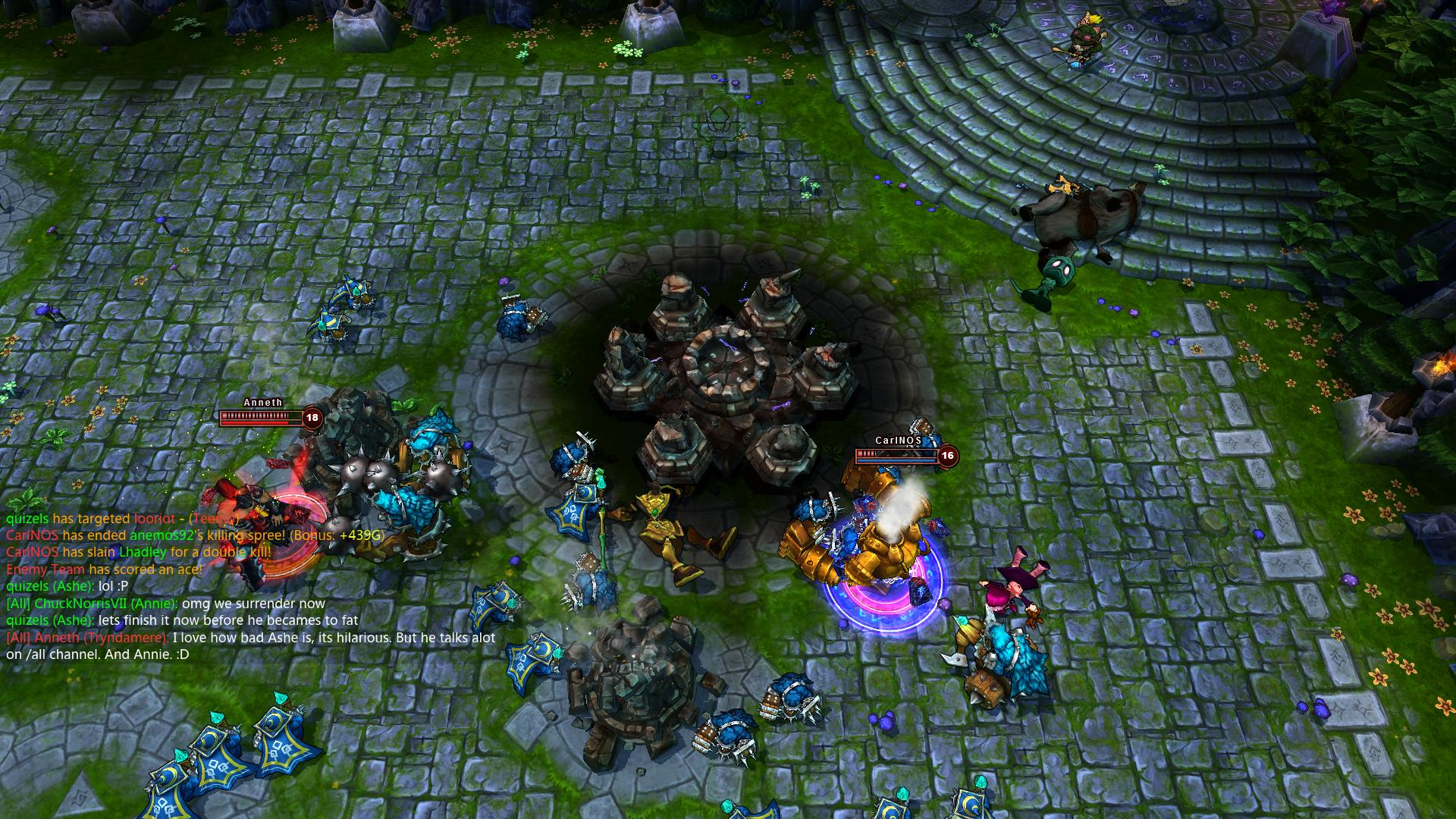SPORTS WEEK #3 - No one cares what you don't have
Note to readers: As I have had a really busy Summer and early Fall preparing for the now recently concluded HR Technology Conference, the posting frequency here has been pretty diminished lately. Additionally, I find myself well behind my regular number of 'sports' posts that form the basis of my contribution to the annual 8 Man Rotation E-book on sports and HR. So I have declared this week of October 21 to be 'Sports Week' on the blog. I'm shooting for 5 days of sports-themed posts to make sure I don't get dropped from the 8 Man crew. So if sports takes are not your thing, check back in a week of so, when I will probably have another equally inane theme working.
Onward..
No matter who you are, where you work, and the time/budget/resources/talent that you have at your disposal to carry on your campaigns for conquest of the world the unassailable fact is that someone out there has access to more/better/faster/smarter than you.
Unless you are a recruiter or Talent pro at Google. Then you have already won, and there is no need to read any further.
But if you are not in that prime position of recruiting for or managing talent at the clear market or geographic top dog then from time to time you run into what are 'competitive disadvantages' in your efforts to find, attract, coach, develop, retain, and squeeze the best performance from your workforce.
Someone else can offer a better starting salary to college recruits.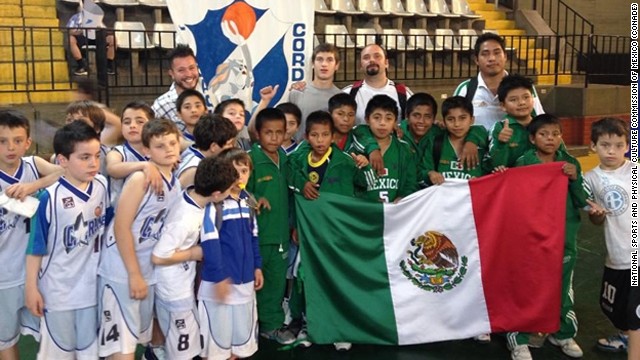
Someone else has a better, more comprehensive benefits program.
Someone else has won a few of those 'Best Places to Work' awards, (the ones you can't be bothered to fill out the application for).
Someone else has a reputation for sticking with their strategy, even when times are tough, and not announcing layoffs three days after posting record earnings.
You get the idea. No matter how great you are, someone out there is probably doing it better.
You can let your relative disadvantage be that crutch you rely on, and the excuse you fall back on when explaining why you can compete with the better funded, faster, sexier, and generally 'not that different that you, just not as obviously dysfunctional' others in your space.
Or you can take a page from the Triqui Indian (or Mexico) boys basketball team, and not only compete, but win and dominate an international competition while PLAYING BAREFOOT.
From a CNN piece describing the team and the tournament:
Despite most of the team being of short stature and playing barefoot, the Triqui Indian boys from Mexico won the championship -- and the hearts of many -- at the International Festival of Mini-Basketball held in Argentina.
Their coach, Sergio Zuniga explains that playing barefoot is a reflection of the poverty in their community in the state of Oaxaca.
"The boys train barefoot, they always walk barefoot. There are no resources to buy shoes," Zuniga commented in an interview with the Basketball Federation of the Province of Cordoba, where the tournament was held.
The seven games against six local teams ended with incredible scores: 86-3 over Celestes; 22-6 against Cordoba University; 72-16 against Central; 82-18 over Hindu; 44-12 against Monteeis and 40-16 over Regatas de Mendoza.
The National Sports and Physical Culture Commission of Mexico named the team as the "Barefoot Giants of the Mountains."
Awesome.
A team of poor, short, and certainly disadvantages and barefoot kids from the mountains of Mexico remind us that whatever barriers or obstacles or 'It's not fair' complaints that we might offer up are just about always pretty hollow, and kind of meaningless.
The message?
Find a way. Don't settle. Don't let the competition beat you before the game has even started.
And don't underestimate the determination of a foe that by virtue of playing through some remarkable challenges have become much, much tougher than you realize.

 Steve
Steve
